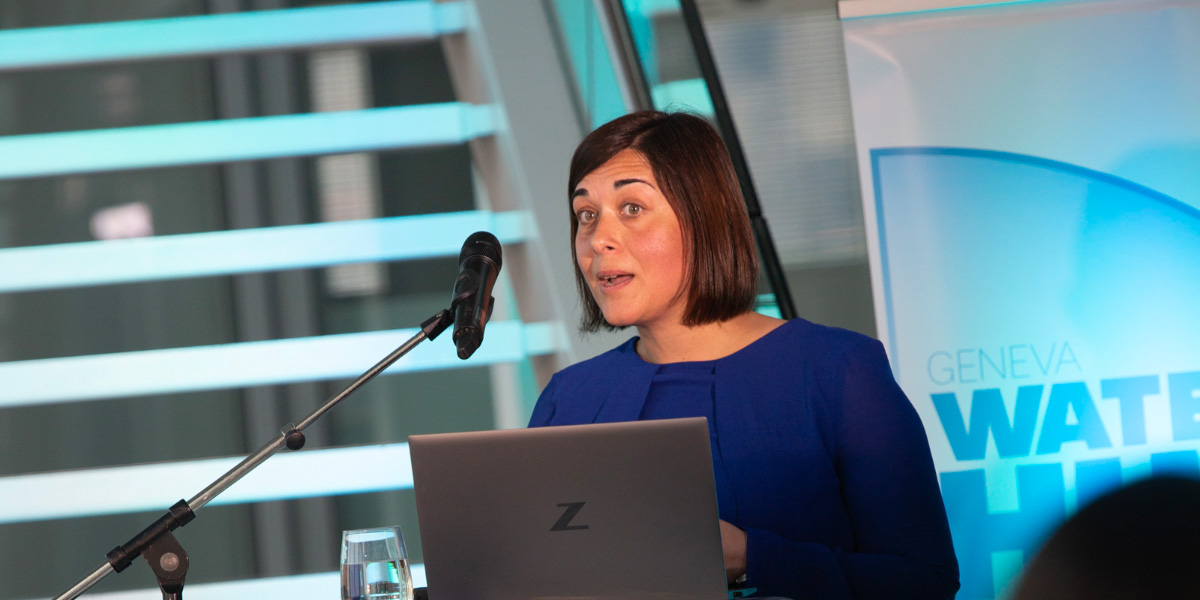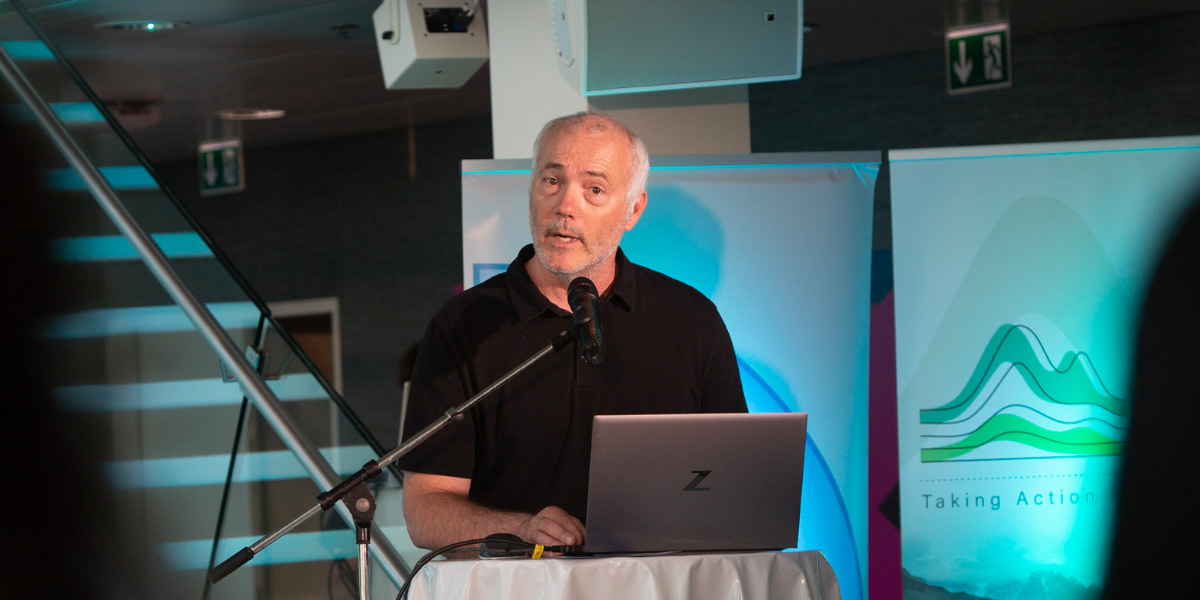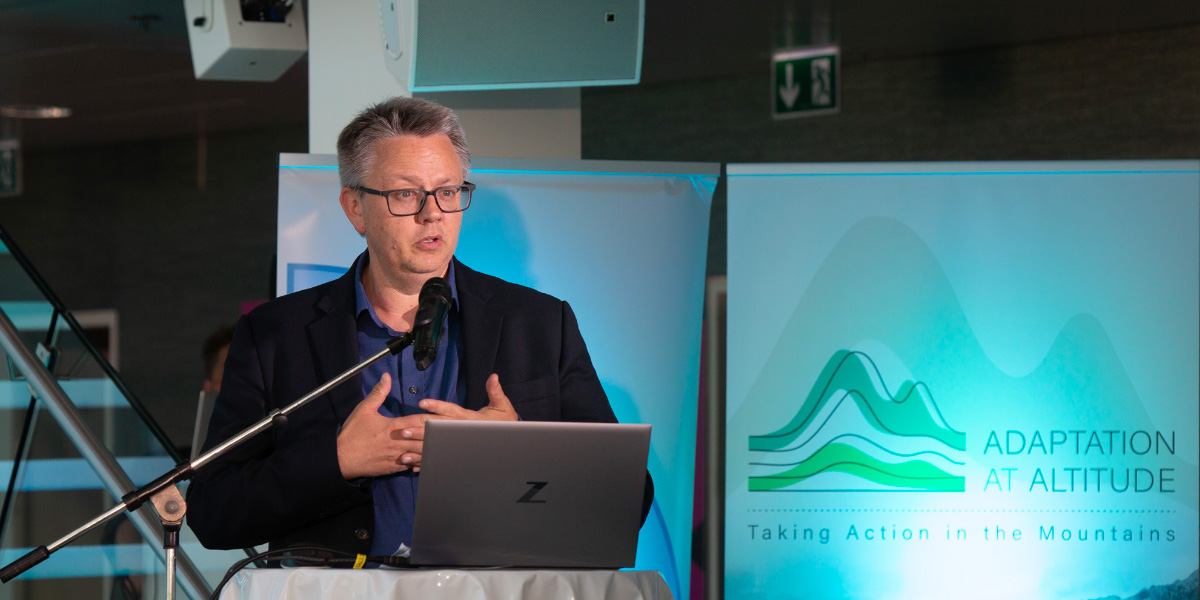Article - Why negotiate water problems when we can deliberate water solutions?
On 21 March 2023, the Geneva Water Hub contributed to the monthly edition of Nature Water "Research in support of the UN 2023 Water Conference" series. The article benefited from contributions from our Lead Political Advisor, Prof Danilo Türk, our Director General, Prof Mark Zeitoun, our Lead Diplomatic and International Relationship Specialist, Noura Kayal and former Senior Scientific Officer, Dr Sumit Vij. Entitled "Why negotiate water problems when we can deliberate water solutions?", the article calls on international political leaders to de-securitise and re-politicise water to help enacting solutions that address the global water crisis and foster multilateralism at the same time.



























